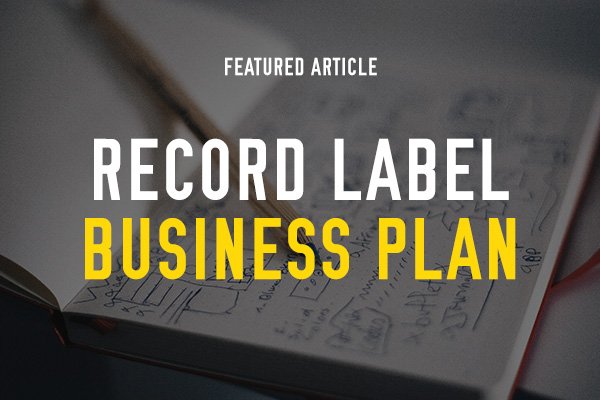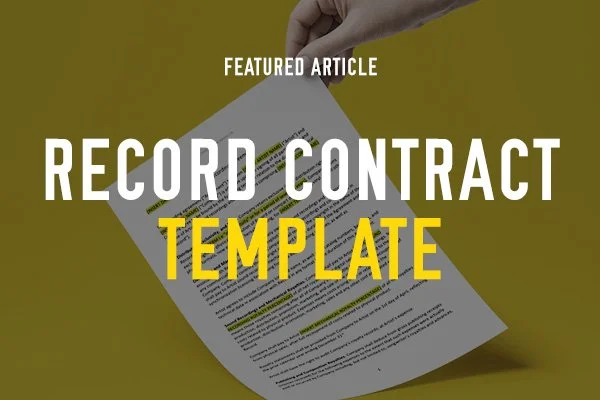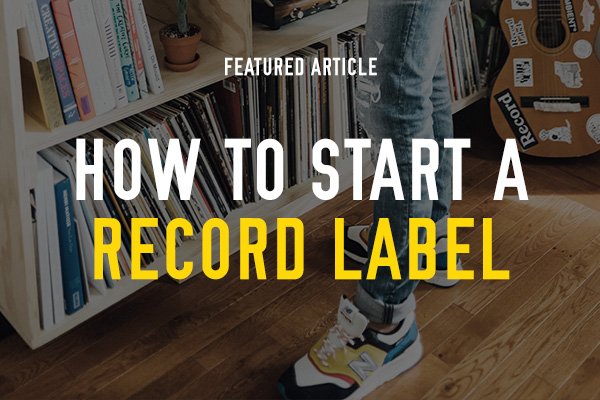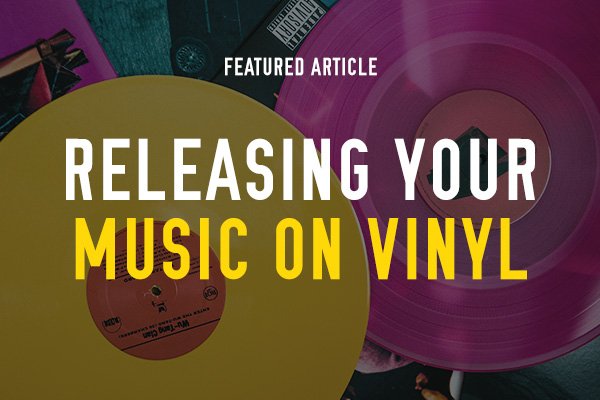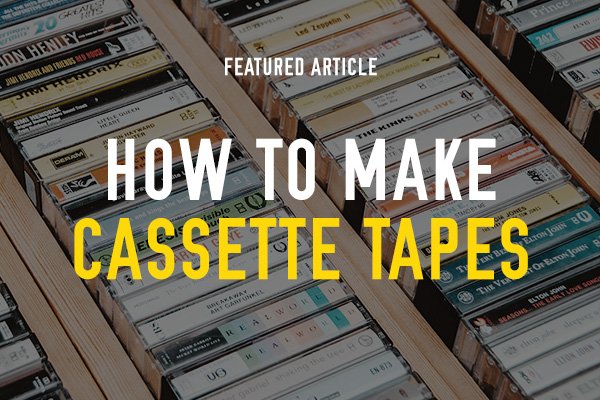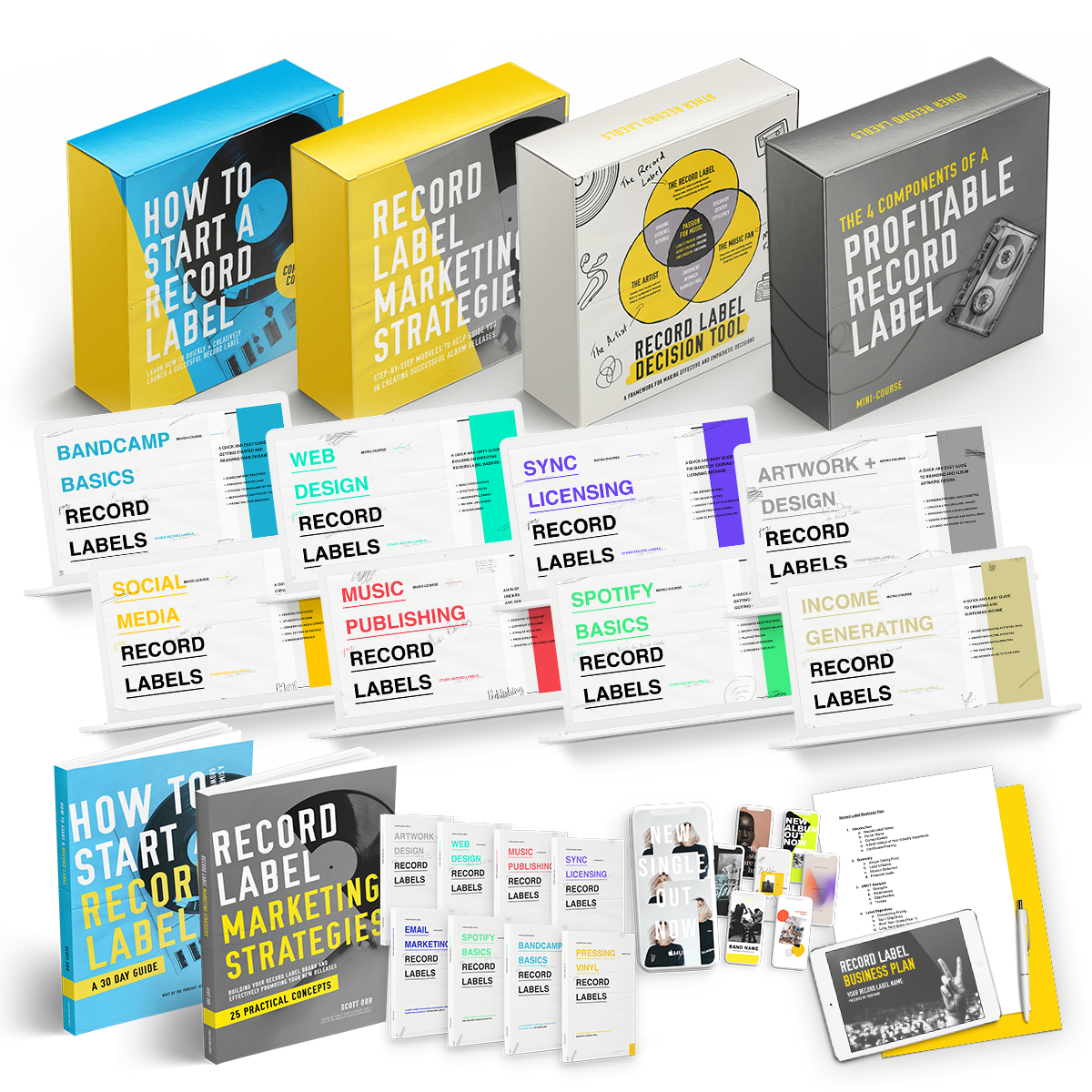
How to Register a
Record Label
The Ultimate Guide to the Legal and Business Side of the Music Industry
Starting a record label can be an exciting venture for music lovers, but the process of registering your business can be a daunting task.
However, it is crucial to get the legal aspects of your record label in order to avoid future legal issues.
In this comprehensive guide, I will be walking you through the steps required to register your record label business successfully.
From establishing your brand, filing your business, hiring a music attorney, getting contracts, and finding investors, I’ve got you covered!
1. Establishing Your Brand
The first step in registering your record label business is to establish your brand. Your brand is what sets you apart from other record labels and makes you identifiable in the music industry.
To establish your brand, you need to come up with a unique name that is not already in use by another record label. You will also need a logo, website, and social media handles that match your brand name. Having a consistent and recognizable brand can help you build a loyal fan base and attract investors.
2. Filing Your Business
Once you have established your brand, the next step is to file your business. You will need to choose a legal structure for your record label, such as a sole proprietorship, partnership, or limited liability company (LLC).
Each legal structure has its benefits and drawbacks, so it's essential to consult a business lawyer or accountant before making a decision. After deciding on a legal structure, you will need to register your business with the appropriate state agency, obtain a tax ID number, and apply for any necessary licenses and permits.
3. Hiring a Music Attorney
Music attorneys specialize in the legal aspects of the music industry and can be a valuable asset when starting a record label. They can help you navigate the complex legal requirements of the music industry and protect your interests.
A music attorney can assist you in drafting contracts with artists, producers, and other industry professionals, ensuring that your rights are protected.
4. Getting Contracts
As a record label, you will need to have contracts with your artists and producers. These contracts outline the terms of the agreement, such as the length of the contract, royalties, and publishing rights.
Having clear and concise contracts can help prevent future legal issues and ensure that both parties are on the same page. It's important to have a music attorney review all contracts before signing.
5. Looking for Investors
Starting a record label can be expensive, and you may need investors to help fund your venture. Investors can provide you with the necessary capital to get your record label off the ground, but you will need to pitch your business to them.
You will need a solid business plan, financial projections, and a clear understanding of your target market to attract potential investors. Be prepared to answer any questions investors may have, and be willing to negotiate the terms of the investment.
Registering your record label business may seem like a daunting task, but it's crucial to get the legal aspects of your business in order to avoid future legal issues.
Establishing a brand, filing your business, hiring a music attorney, getting contracts, and looking for investors are all important steps in starting a successful record label.
Remember to consult with a business lawyer or accountant to ensure that you're making the best decisions for your business.
With dedication, hard work, and a little bit of luck, you can build a successful record label that stands the test of time.

Record Label Legal FAQs
Here are some frequently asked questions (FAQ) related to registering a record label business and dealing with the legal aspects of the music industry in the US…
What is a record label, and how is it different from a music publisher?
A record label is a company that produces and distributes recorded music. A music publisher is a company that handles the copyright and licensing of musical compositions. Record labels are typically responsible for recording, manufacturing, and distributing the physical or digital copies of the recorded music, while music publishers are responsible for licensing the rights to the underlying musical compositions.
How do I go about finding and signing artists to my record label?
To find and sign artists to your record label, you will need to have a clear understanding of your target market and the type of music you want to produce. You can attend live shows, listen to demos, and network with industry professionals to find new talent. Once you have identified an artist you want to sign, you will need to negotiate a contract that outlines the terms of the agreement, such as the length of the contract, royalties, and publishing rights.
Do I need to register my record label as a business?
Yes, if you plan to operate your record label as a for-profit business, you will need to register it with the appropriate state agency. This will typically involve choosing a legal structure (such as a sole proprietorship, partnership, or LLC), registering your business with the state, and obtaining any necessary licenses and permits.
What kind of contracts do I need as a record label?
As a record label, you will need to have contracts with your artists, producers, and other industry professionals. These contracts should outline the terms of the agreement and include details such as the length of the contract, royalties, and publishing rights. It's important to have a music attorney review all contracts before signing.
Do I need a music attorney to start a record label?
While it is not required to have a music attorney, it can be highly beneficial to have one on your team. A music attorney can help you navigate the complex legal aspects of the music industry, negotiate contracts, and protect your interests.
You can find a music attorney in our directory of trusted vendors here!
What are the tax implications of running a record label?
As a business owner, you will need to pay taxes on your record label's income. The specific tax implications will depend on the legal structure of your business and the state in which you operate. It's important to consult with a business lawyer or accountant to ensure that you're complying with all necessary tax laws and regulations.

Helpful Articles for Record Labels

RECORD LABEL
ACADEMY
Simple strategies that will help you
earn a living telling people about great music!
Other Record Labels Podcast
Featuring interviews with…




